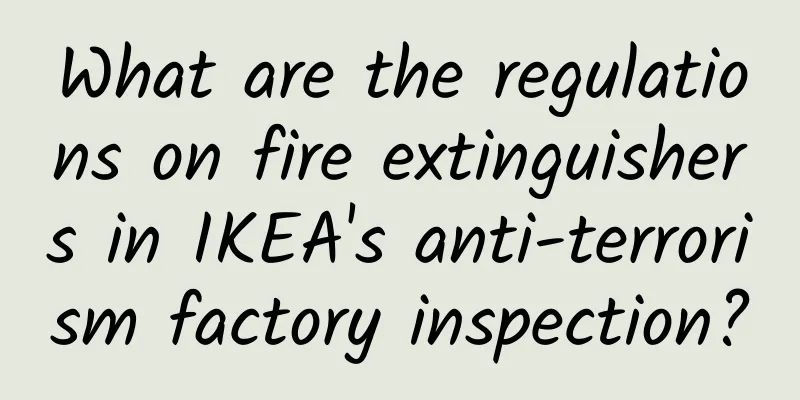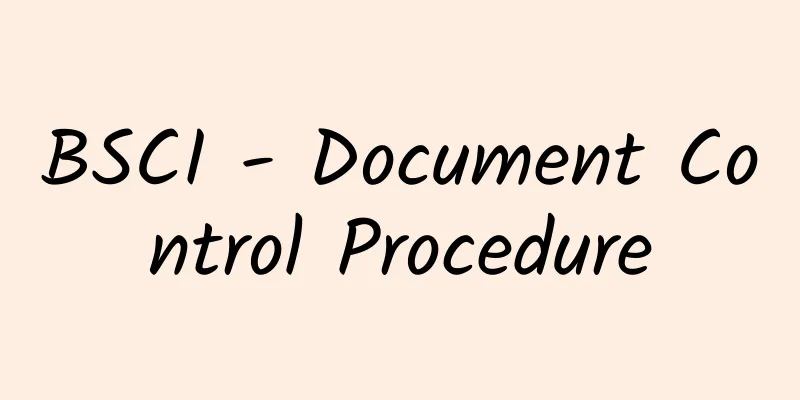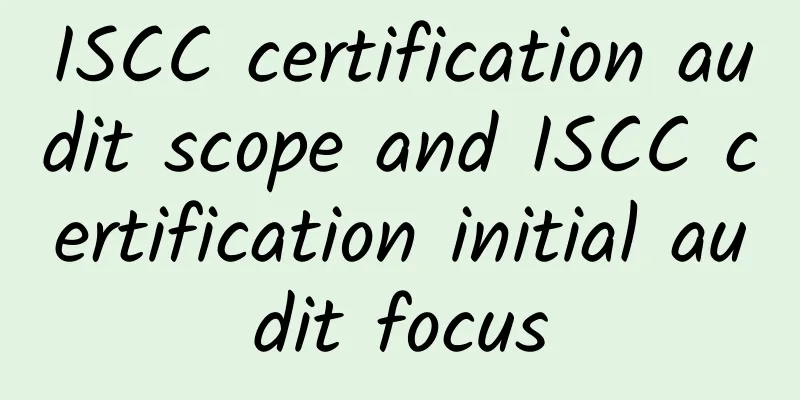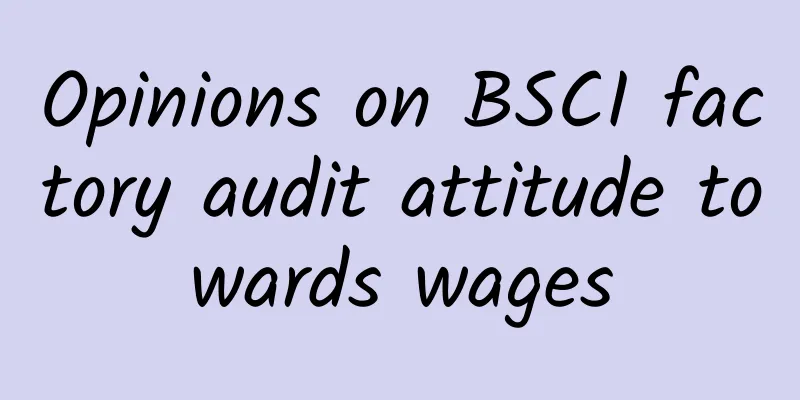TE releases major update to certification standards, affecting not only GRS
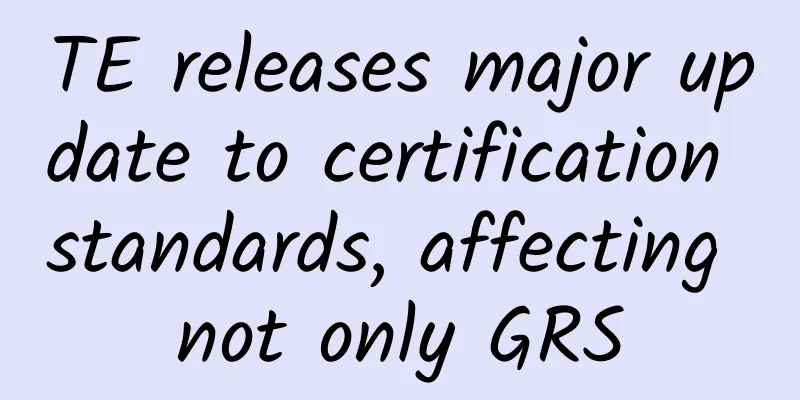
|
Textile Exchange launched a comprehensive revision of the CCS Content Declaration Standard 2.0 in April 2020. After collecting feedback and a public comment period, it released the CCS Content Declaration Standard 3.0 on July 1, 2021. So what is the Content Declaration Standard (CCS)? Maybe many people are not familiar with CCS, but in fact, CCS is a unified universal certification standard applicable to all certification projects of Textile Exchange, including GRS, RCS, OCS, RDS, RWS, RMS, RAS and other non-farm certification parts. CCS certification standard is essentially the common Chain of Custody certification standard in the certification field. The Content Claim Standard (CCS) is the basis of the chain of custody for TE's existing standards. The standard ensures the accuracy of the declared content by confirming the type and content of specific declared materials in the final product. It provides a strong chain of custody from the source of raw materials to the final product. It applies to the entire supply chain, including manufacturers, brands and retailers, traders, certification bodies and Organizations that support specific raw materials initiatives. CCS standards are verified by accredited third-party certification bodies. This is for the sake of transparency, consistency and complete independence in the assessment and certification of raw materials declared in products. For the correlation, logic and differences between TE standards, please refer to the previous articles of this account. More than just GRS! Counting the major TE certification standards). CCS 3.0 will take effect on July 1, 2021, and will be enforced on July 1, 2022 (for a better understanding of the enforcement date and the transition period between the old and new standards, please refer to the FAQ at the end of this article). Although the enforcement date of CCS3.0 seems far away, it is necessary for stakeholders of the TE certification project, including brands and traders, to understand the changing trends of the TE certification project standards in advance so as to prepare in advance. The following are the key updates in CCS 3.0: 1. New brand certification requirements CCS 3.0 adds new requirements for brand certification (Part E) and provides a new definition of brand. Brands can sell to wholesalers, retailers or directly to consumers. However, it does not include organizations that sell intermediate brand products that will be reprocessed. Brands do not need to issue transaction certificates. Brand network certification and 100% exemption in CCS2.0 have been cancelled, while batch number labeling remains optional. Brands who want to use the label from July 1, 2022 must perform brand certification according to CCS 3.0. 2. Update of Trader Certification Requirements CCS 3.0 updates the certification requirements for traders (B1), including: Traders without actual physical locations do not need to be certified; The frequency of audits of traders is based on risk assessment; The certification process allows traders without an actual physical presence to perform remote audits. III. Requirements for new subcontractors CCS 3.0 adds a new section on outsourcing requirements (C5), including: 1. The certification organization must sign a contract with all subcontractors; 2. Each subcontractor is classified into 2 types: Associated subcontractors that have not independently obtained certification to the relevant standards shall undergo necessary audits based on the organization’s scope certificate; Independently certified subcontractor holding a standard scope certificate independent of the organization. 3. The certification organization shall establish a list of subcontractors, including the subcontractor’s name, address, contact information and outsourced process flow; for independently certified subcontractors, the list shall also include the subcontractor’s certification body, license number and scope certificate expiration date. 4. Before outsourcing products to new subcontractors, the certified organization shall obtain approval from the certification body and obtain an updated scope certificate. IV. New multi-site and group certification requirements CCS 3.0 adds Part F - Multi-site and Group Certification Requirements, which draws on the experience of the Responsible Down Standard (RDS) and Responsible Animal Fiber (RAF) requirements. This part stipulates the applicability of multi-site and group certification and the internal control system. System, ICS) requirements, etc. In order to achieve excellence, TE will launch a pilot project in the second half of 2021 to further improve the standards for multi-site and group certification. Attached is the FAQ for the CCS3.0 standard conversion period Q1: As a certified company, do we have to implement certification according to CCS 3.0 before July 1, 2022? A: Your company can carry out certification according to CCS 3.0 before July 1, 2022. If your company's annual review is later than July 1, 2022, you can complete the conversion from CCS 2.0 to CCS 3.0 standards during the annual review. Q: During the conversion period, the certified company has been certified according to CCS 3.0, but the raw material suppliers are certified according to CCS 2.0. Can the certified company use their raw materials? Answer: Acceptable. Q3: During the conversion period, if the certified enterprise implements certification according to CCS 2.0, but the raw material suppliers have already implemented certification according to CCS 3.0, can the certified enterprise use their raw materials? Answer: Acceptable. Q4: Can brands apply for label declaration before July 1, 2022? A: Yes, but after July 1, 2022, only brands that implement CCS 3.0 certification can apply for label declaration. Q5: According to CCS 3.0, traders without actual physical locations do not need to carry out certification. Can they issue Transaction Certificates (TCs)? A: If the certification is not carried out, the TC cannot be issued. Traders can also choose to carry out the certification. Traders without actual physical locations can carry out remote audits, which are determined by the certification body. |
>>: 2021 Latest! GRS Certification Requirements for Recycled Materials and Supply Chain
Recommend
What is PSE certification? What are the product categories of PSE certification?
Today, I will tell you what PSE certification is?...
What is Fressnapf? How did Fressnapf develop?
What is Fressnapf? Fressnapf is one of the leader...
What is Best Buy? What are the characteristics of the Best Buy model?
What is Best Buy? Best Buy, the world's large...
Otto--Germany's second largest e-commerce company
What is Otto? Otto has 9 million registered users...
What is Darty? What are the requirements for Darty?
What is Darty? Darty is a well-known French home ...
eBay Beginner's Tutorial: Steps to Set Up Vacation Mode
You can put your store on holiday to display a me...
7 Steps to Drive Traffic to Your eBay Store
eBay has come a long way in online auctions. Toda...
FSC Forest Certification Audit Standards
What are the FSC forest certification audit stand...
Common fire safety issues and solutions during BSCI factory audits (III) Incomplete escape plans lack necessary content
Problem phenomenon: The escape map is incomplete ...
What products sell well on eBay Australia?
Australia's eBay auctions are actually largel...
The reason why Chico's factory inspection consultation is super network
Why do they have a steady stream of foreign trade...
How to get FDA certification? What is the certification process of FDA certification?
How to obtain FDA certification? FDA stands for F...
International Sustainability and Carbon Certification ISCC Certification Features
ISCC certification is applicable worldwide and co...
What is Meidaole? What services does Meidaole provide?
Founded in 2014, Meidaole is a foreign trade trai...
What is Piseer? What are the functions of Piseer?
What is Piseer? Piseer is a cross-border export e...
